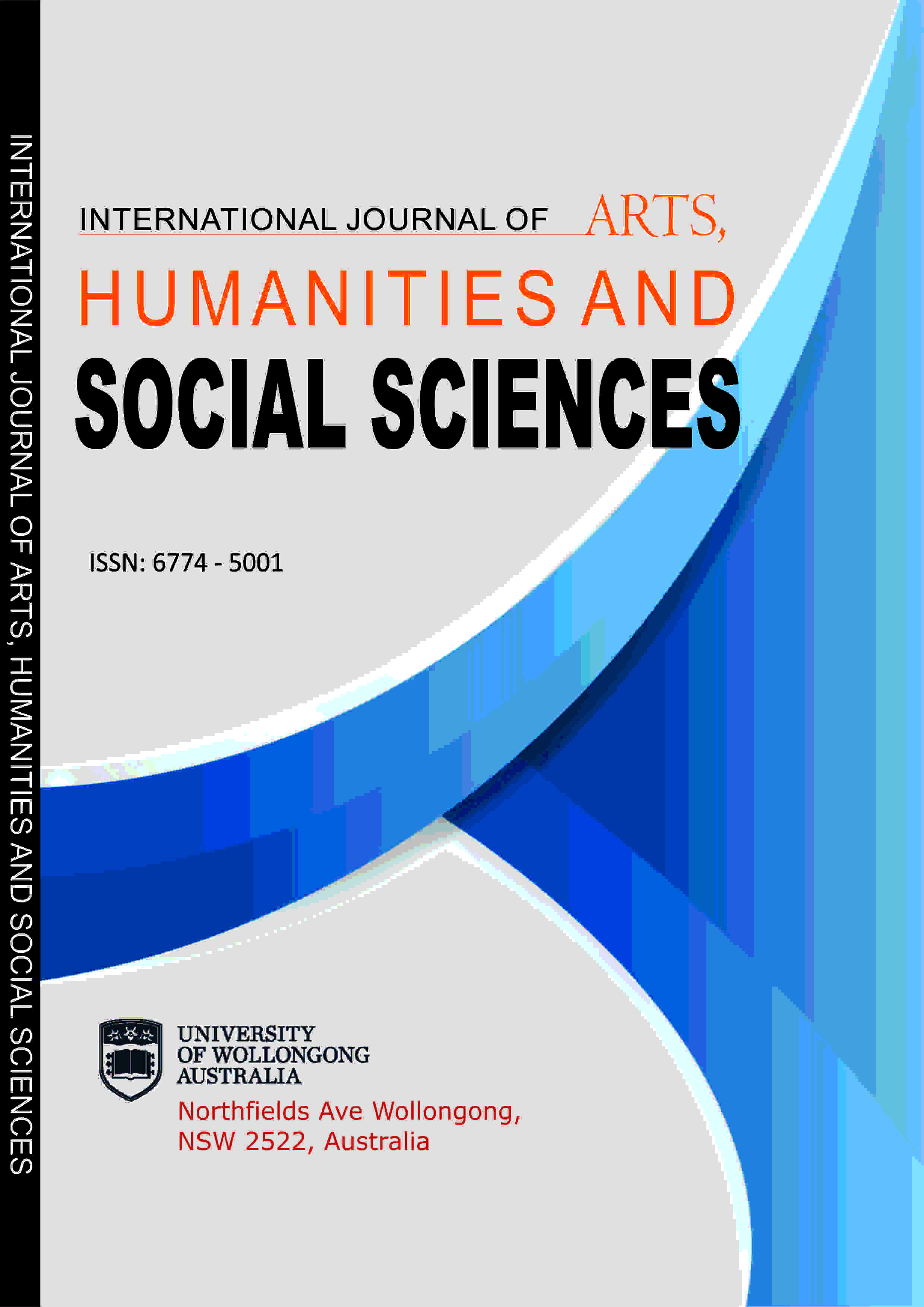INTERNATIONAL JOURNAL OF ARTS, HUMANITIES AND SOCIAL SCIENCES (IJAHSS)
ANALYSIS OF THE USE OF SOCIOLOGICAL THEORIES IN GHANA: SCHOOLING IN PERSPECTIVE
E-ISSN: 2579-048X
P-ISSN: 6774-5001
DOI: https://iigdpublishers.com/article/470
This paper is a contribution to the debate on how social scientists especially sociologist use different theories to explain the purposes of schooling, the relationship between the purpose and the theory as well as the researchers own views about the theory, the purposes of schooling in Ghana and the meaning of
schooling in Ghana. The study is the outcome of a review of secondary data, a desk study method with evidence from some focus group discussions with opinion leaders, teachers as well as students. Several key concepts, including the term theory, which we is used throughout the study because what one believes
varies according to one's belief system or perspective, the various theoretical frameworks are examined showing how these frameworks alter the interpretations people have of the purposes and effects of schooling. The study distinguishes between theories of transmission and transformation, functionalism and conflict theory as well as examines interpretive and critical theories in relation to schooling in Ghana. In conclusion the study gives a brief discussion of what he thinks may be future directions in the sociological theories informing schooling in Ghana.
Eliasu Alhassan
Apple, M. W. (1978). The new sociology of education: analyzing cultural and economic reproduction. Harvard Educational Review 48 (4) 495-503.
Bills, D. B. (2004). The sociology of education and work (p. 250). Blackwell Publications.
Bourdieu, P. & Passeron, J. (1977). Reproduction in education society and culture. Beverly Hills: Sage.
Bowles, S. & Gintis, H. (1976). Schooling in capitalist America: Educational reform and the
contradictions of economic life. New York: Basic Books.
Berger, P. L. & Luckmann, T. (1967). The social construction of reality: A treatise in the sociology of knowledge. New York: Anchor Books.
